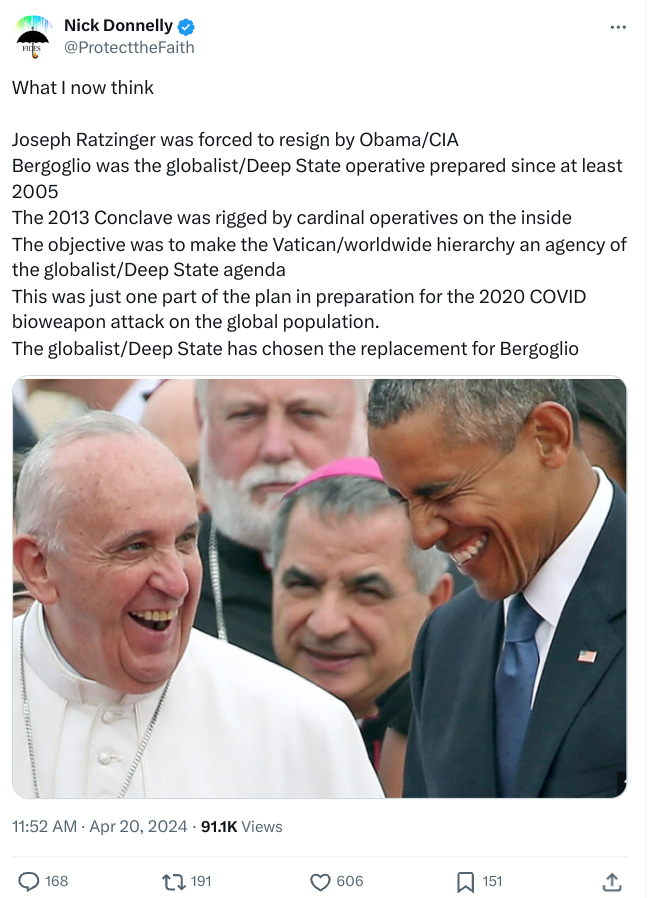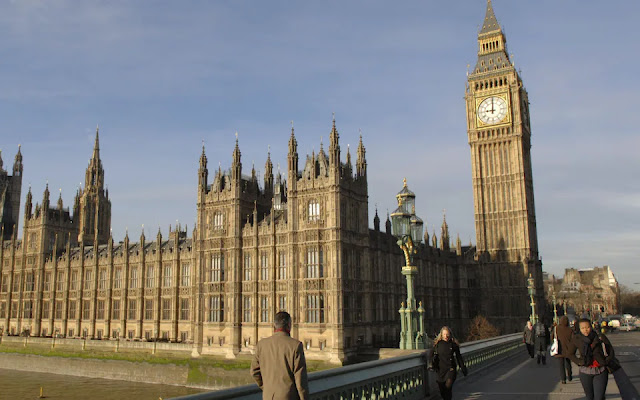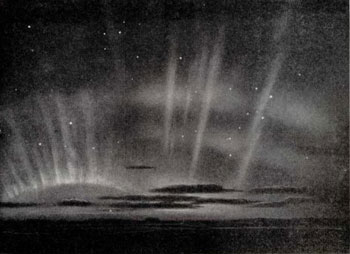The Rights And Powers Of The Roman Emperor The Opinion That The Pope Has Power In Spiritual Matters, The Emperor In Temporals Chapter 2 ~ William Of Ockham
ANGELICO, Fra
Madonna of Mercy with Kneeling Friars
c. 1424
The Rights And Powers Of The Roman Emperor
The Opinion That The Pope Has Power In Spiritual Matters, The Emperor In Temporals
Chapter 2
Student It seems that it should not be called into doubt that they are distinct powers, but I do not know how they are distinguished. Tell me, therefore, how according to any opinion they are distinguished.
Master It is said that they are distinguished by this, that the pope has power in spiritual matters, the emperor in temporal matters.
Student Try to buttress that assertion with some authorities if you can.
Master That assertion seems able to be strengthened by many authorities. For as we read in Extra, De maioritate et obedientia, c. Solitae [c.6, col.196], Innocent III says, "We do not deny that in temporal matters the emperor rules only those who receive temporal goods from him. But the pope is superior in spirtual matters which are worthier than temporal matters to the extent that the soul is esteemed over the body."
Again, Cyprian, as we find in dist. 10, c. Quoniam idem [c.8, col.21, and Pope Nicholas, as we read in dist. 96, c. Cum ad verum [c.6, col.339], say that the duties of those powers were distinguished by Christ "so that christian emperors needed pontiffs for eternal life and pontiffs made use of imperial laws in the course of temporal affairs only, so that spiritual acts were separate from carnal efforts, and so that one serving as a soldier of God did not involve himself in secular affairs and, on the other hand, he who had been involved in secular affairs was not seen to have the management of divine matters."
Again, in the same distinction c. Denique [c.5 col.338], Nicholas says the following, "Finally, we do not at all understand how those people who are allowed to be in command of human affairs only and not divine affairs, presume to make judgements about ones by whom divine matters are managed."
Again, as we find in dist. 10, c. Suscipitis [c.6, col.20], Gregory Nazienzanus writing to the emperors in Constantinople says, "Do you accept the freedom of the word? Do you freely accept that the law of Christ has subjected you to priestly power? For he both gave us power and gave us a rule more perfect than your sovereignty. Or does it seem just to you if the spirit gives way to the flesh, if heavenly affairs are surpassed by earthly affairs, if human affairs are preferred to divine affairs?"
Again, Innocent III says at the same place as above [Extra, De maioritate et obedientia, c. Solitae c.6, col.196], "God made two great lights in the firmament of heaven, a greater light to preside over the day and a lesser light to preside over the night, one of which is great and the other greater. For the firmament of heaven, therefore, that is the universal church, God made two great lights, that is he established two dignities, which are pontifical authority and royal power. But that one which presides over the days, that is over spiritual affairs, is greater; that presiding over carnal affairs is lesser, so that the difference between bishops and kings is known to be as great as that between the sun and the moon." From these and innumerable other texts, some of which were brought forward in chapter 1 above, we gather that the emperor has power in temporal affairs and the pope in spiritual affairs.







Comments
Post a Comment